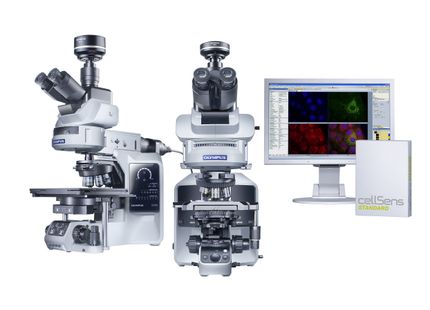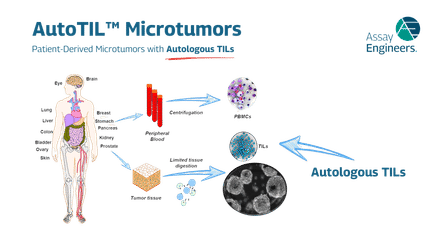To use all functions of this page, please activate cookies in your browser.
my.bionity.com
With an accout for my.bionity.com you can always see everything at a glance – and you can configure your own website and individual newsletter.
- My watch list
- My saved searches
- My saved topics
- My newsletter
Malik Peiris
Joseph Malik Sriyal Peiris, Ph.D. was born in Sri Lanka and studied medicine at the University of Ceylon. This was followed by a Ph.D. at the William Dunn School of Pathology, University of Oxford, U.K., where he made significant discoveries on the mechanism of dengue virus pathogenesis. After further work in the U.K. and Sri Lanka he set up a virology lab at Queen Mary Hospital, part of the University of Hong Kong, in 1995. Product highlightAfter the first outbreak of avian influenza H5N1 in humans in Hong Kong in 1997, Professor Peiris's attention was turned to this virus, which claimed the lives of one third of its victims. Research in his laboratory showed that the bird flu virus induced high levels of chemicals called cytokines when it infected a type of white blood cell. This was later shown to correlate with high levels of cytokines in infected humans. This so-called cytokine storm is now recognised as a major mechanism of avian influenza virus pathogenesis. In 2003, Hong Kong suffered another virus outbreak, this time from an unknown respiratory disease, termed SARS. Malik shot to fame when his laboratory was the first to isolate the virus, a novel coronovirus (CoV), now known as SARS-CoV. Malik continues to work at the University of Hong Kong and was recently appointed the scientific director of the Hong Kong University-Pasteur Institute. He is also the first Sri Lankan to be elected to the Royal Society of London, the highest scientific honour in the Commonwealth. His other honor include being decorated as Knight of the Légion d'Honneur of France in October 2007. References |
||||
| This article is licensed under the GNU Free Documentation License. It uses material from the Wikipedia article "Malik_Peiris". A list of authors is available in Wikipedia. |







